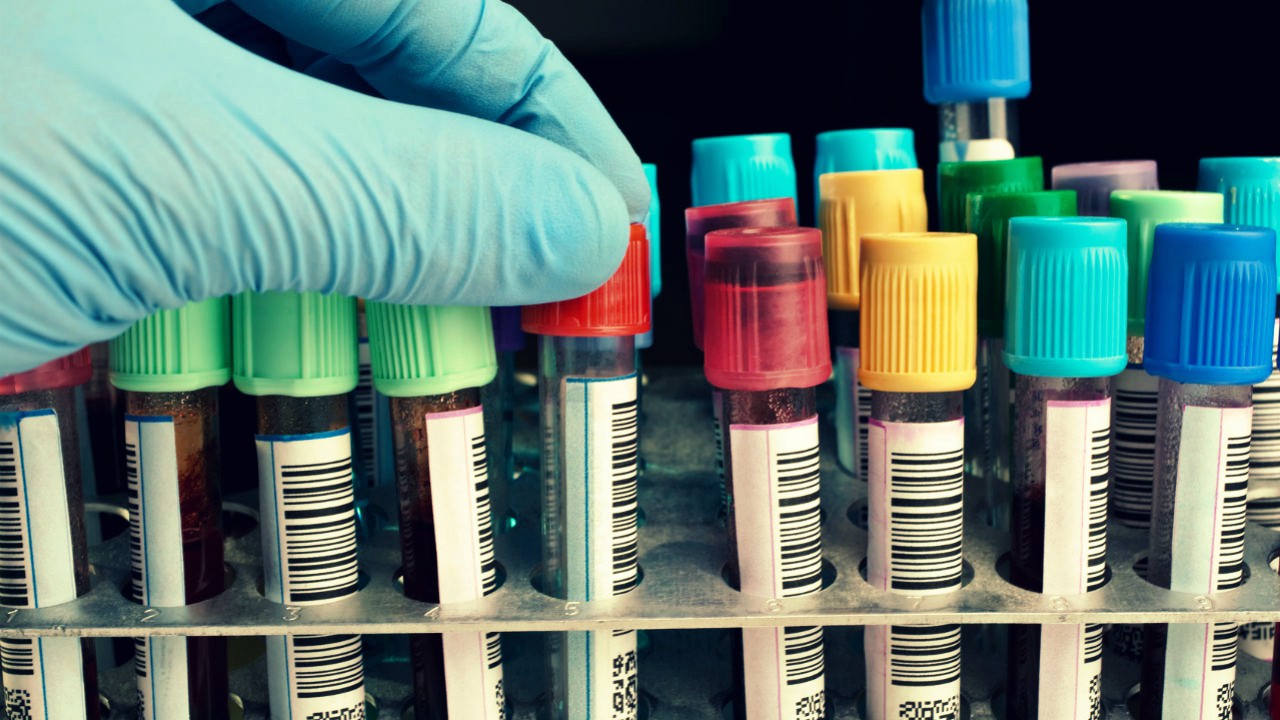We hear a lot about high cholesterol and the fact that it’s a risk factor for developing heart disease. But since high cholesterol has no symptoms, how do we know if we’re at risk for developing high cholesterol?
Are there any clues in our family history, diet or lifestyle that would we could consider early warning flags that would cause us to sit up and take note?
As it turns out, just as with most health conditions, there are warning signs that we should be aware of. These include:
1. Diet – Remember the old saying “You are what you eat?” It’s true. If you have a diet high in saturated fat or cholesterol in the food, then your cholesterol levels will go up. If you lower the amount of saturated fat or cholesterol in your food, your blood cholesterol levels will go down.
2. Weight – (Sigh… Why is this one ALWAYS on every list???) Yes, ladies, it appears that once again our weight works against us. If you are overweight, it not only puts you at an increased risk for developing heart disease but also for developing higher cholesterol levels. If you lose weight, you’ll lower your bad (LDL) cholesterol level as well as your total cholesterol level. In addition, you’ll raise the good (HDL) cholesterol and triglyceride levels.
3. Activity level - Exercise! Exercise! Exercise! The National Heart Lung and Blood Institute recommends 30 minutes every day. I don’t think chasing the grandkids around the table counts! Remind me to walk more.
4. Age/Gender – Age plays a factor for men and women alike. Bad cholesterol levels simply tend to rise as we age. Women get a double whammy in that our bad cholesterol levels rise after menopause. We can’t change our age or gender but we can be aware of the risk factors associated with both and educate ourselves on how we can be healthier despite age or gender.
5. Heredity – I was not really aware of this risk factor for developing high cholesterol. I was surprised to learn that high cholesterol does run in families. That actually makes a lot of sense to me when I think about it but it was a new piece of information. It would be to your advantage to find out if your parents, grandparents or siblings have high cholesterol. Please don’t assume that the answer is “no.” I know that we’re talking about high cholesterol but I only recently found out that one of my grandmothers actually had several “minor” heart attacks and no one ever mentioned that fact to the rest of us. I also learned that one of my grandfathers, whom I’d always thought died of cancer, actually died of a heart attack. Yes, he had cancer and was in the hospital for treatment but actually died from a heart attack. These two pieces of information changed my risk factor level and I didn’t even know that this was in the family history! Why do I mention these examples? Because you too could have ticking risk factor time-bombs in your family history of which you are totally unaware. Chances are that high cholesterol isn’t a topic that comes up around the dinner table in small talk so ASK!
What do you do if you have any of the above risk factors for developing high cholesterol? Address the risk factors as early as possible. Diet, weight and activity level can all be addressed by lifestyle changes. Make the changes necessary to eliminate these factors. While we can’t change our age, we can be aware that the risk factor goes up with age and be proactive in starting the road to healthy lifestyle changes well in advance. We can’t choose our relatives but we can (kind of like death and taxes) but you should know what your family history is in order to help you assess your risk factors.
What do you do when you’ve made all the right lifestyle changes and your cholesterol is still high? If lifestyle changes fail to lower your bad and total cholesterol, then your doctor may recommend a drug (such as statins or cholesterol absorption inhibitors) designed to lower cholesterol.
The bottom line is that even if your cholesterol is currently low, you should talk with your doctor early, assess your risk factors and make a plan for continued good heart health in the future.
Here’s wishing you a healthy heart.
SOURCES:
US Department of Health & Human Services, National Heart Lung and Blood Institute, http://hp2010.nhlbihin.net/cholmonth/
High Blood Cholesterol, What you need to know, US Department of Health & Human Services, National Heart Lung and Blood Institute, May, 2001, Revised June, 2005, NIH Publication No. 05-3290, http://www.nhlbi.nih.gov/health/public/heart/chol/wyntk.pdf





Add a CommentComments
There are no comments yet. Be the first one and get the conversation started!